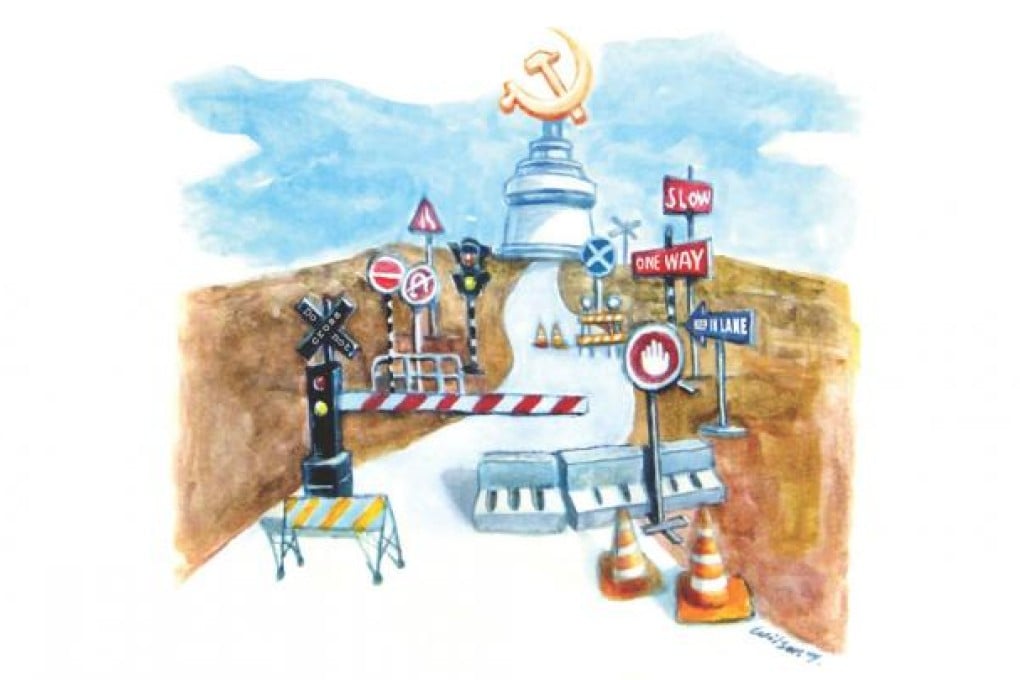Communist Party's well-planned route to successful rule
Zhengxu Wang says the Communist Party is able to rule successfully, and maintain public confidence, thanks to its highly organised structure and meticulous preparations ahead of key events

China's microblogosphere before and after the 18th party congress appeared markedly different. Before, loud voices demanded democracy, predicting that the Communist Party would drop its Mao Zedong Thought tenets and ridiculing the party's opaque power politics in light of the recent US election.
But the day the new leadership was unveiled, microblogs seemed filled with genuine expressions of satisfaction and excitement. Netizens appeared pleased by the new line-up, thankful that Xi Jinping and Li Keqiang had been chosen to lead the nation, and impressed by Xi's approachable image. They also respected Hu Jintao's decision to retire completely.
This is a reminder that, like it or not, the party still enjoys a fairly high level of public support. Yes, discontent is widespread because of local government failures and abuses, and demand for political change and democracy is rising, but the general public remains relatively confident in the party's ability to drive the nation forward.
A key factor explaining the party's continuing ability to rule lies in its institutions. This is not a loosely organised party that only works towards obtaining people's political donations and votes at election time. The elaborate body of party institutions governs recruitment, indoctrination, performance evaluation and profiling, promotion, cadre transfer, leadership selection, deliberation, decision making, discipline and other aspects of party life.
Party cells, for example, exist in every workplace, organising members to study the party's ideological and policy lines regularly and intensively. This unifies thinking among party members and ensures that policies set at the top are effectively transmitted to and understood by those on the ground.
The party congress itself represents one of the most important of these institutions, serving two main purposes: to unify the party in terms of policy thinking and direction, and to rejuvenate the top bodies of leadership.
